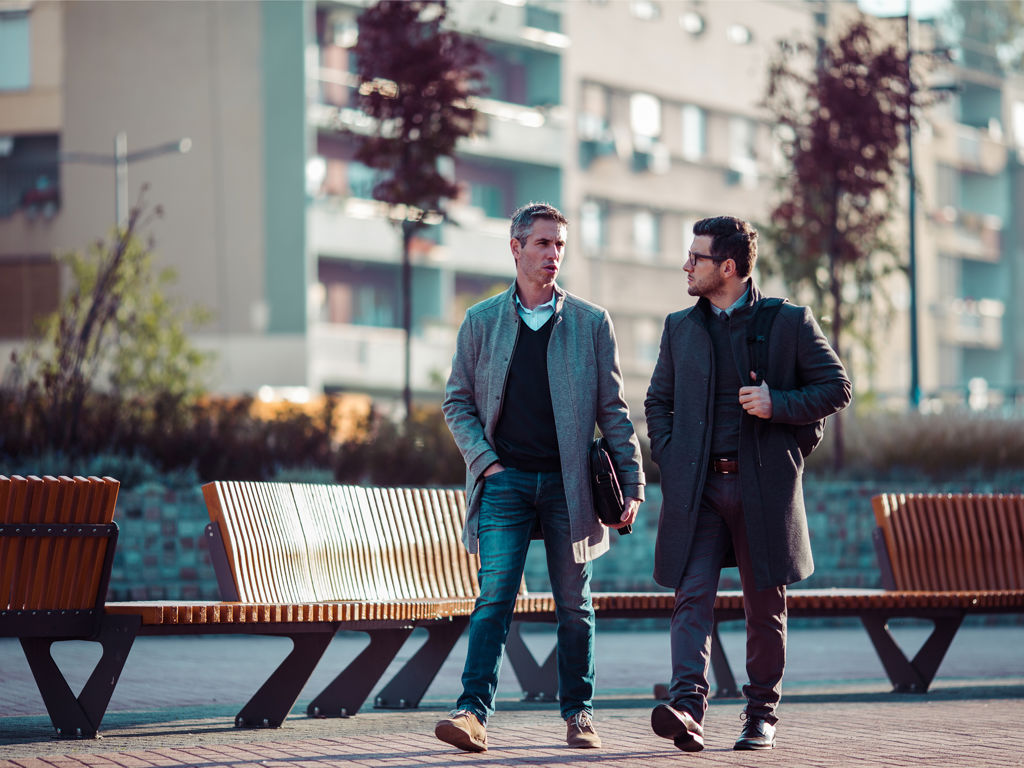Too little focus on sleeplessness and work being related
Sleeplessness is often due to conditions at work. We need to recognise this in the same way that we have long recognised stress as a work-related phenomenon, experts say.
If you can’t sleep, there is a high likelihood that it is because of your work. This is what many experts believe.
And those sleepless nights are expensive. The Danish Health and Medicines Authority’s report from 2016, “Sydomsbyrden i Danmark” (Disease Burden in Denmark), showed that people with sleep problems had 2.6 million extra days of short-term sick leave in one year compared to people without sleep problems and 1.8 million extra days of long-term sick leave.
Author and stress expert Thomas Milsted believes it is high time that we give sleep the same status as stress in society:
‘In companies, you really notice if an employee starts taking a lot of sick leave and if the quality of work decreases. But you rarely know if it is due to sleeplessness for the simple reason that you do not ask the employees. It is a private matter’, he says.
It is only five years ago that sleep research really took off.
Therefore, it is relatively new knowledge that a major reason why people cannot sleep at night is found at work.
A Norwegian study in 2018 that followed 10,000 Norwegians over a long period documented a clear connection between the physical work environment, lack of sleep and muscle and joint pain.
Sleep and insomnia are considered an individual and very private matter in society:
If you have sleep problems, then you must make sure to relax in the evening, dim the lights, not watch TV an hour before you go to bed, turn off your mobile, listen to classical music – there is no shortage of good advice for the sleepless.
But it is their own problem that they have to solve themselves. Or is it?
According to Thomas Milsted, it seems that both the cause and the consequences of sleeplessness seem to be similar to another phenomenon that is as present in public discourse as sleep has been absent: Stress.
When Finansforbundet conducts job satisfaction surveys, it always turns out that it is pressure at work and lack of influence followed by work-life balance challenges that are most stressful for the members.
‘You can actively use knowledge of stress triggers in an organisation if you want to address the employees’ lack of sleep’, Thomas Milsted points out.
‘We need to work purposefully to reduce the causes of insomnia based on our knowledge of what causes stress for people at work. Because what is it that people think about at night when they can’t fall asleep? Very often it is what’s stressing them out at work’, says Thomas Milsted.
If they aren’t aware of what is causing the lack of sleep, it may very well be due to conditions at work that you can work with organisationally.
Good advice for sleeping well
- Prioritise your sleep.
- Drop the idea that you can sleep too little during the work week and then compensate over the weekend. A night’s sleep should be characterised by calmness and regularity.
- Make sure to lie in bed for 8 hours. The recommendation for an adult’s sleep duration is between 7-9 hours.
- Don’t worry if you do not get enough sleep for a short period of time. But react if it continues
Source: Sleep expert Mikael Rasmussen
Good sleep helps relieve stress
As lack of sleep is associated with enormous financial and health costs, sleep expert Mikael Rasmussen wonders why there is not more targeted action being taken against the causes.
He assesses that there is a one-to-one relationship between stress and sleep.
‘The basic number 1 symptom of stress is lack of sleep. You can always talk about what came first – sleeplessness or stress - because they affect each other back and forth. But we know that poor sleep is the first symptom of stress. We also know that 9 out of 10 people who go on sick leave with stress have slept poorly at night for a long time beforehand. Therefore, if you can remedy a poor sleep pattern early at the beginning, then you can also alleviate stress’.
‘We have to attack sleeplessness on two fronts’, says Mikael Rasmussen.
‘Firstly, it is very important that people know a bit more about the importance of sleep so that they can make sure to create some of the most basic conditions for sleeping well themselves.
Secondly, companies should take responsibility themselves. Because when lack of sleep is accompanied by stress, it makes obvious sense to work intensively with stressors at work’.
We squander sleep
640,000 Danes have serious problems with insomnia. For them, the general sleep hygiene advice is hardly sufficient’, says Mikael Rasmussen.
Once a bad sleep pattern has taken hold and it lasts for a long time, something more is needed to get a good night’s sleep back.’
There are very effective forms of cognitive therapy, but unfortunately they almost don’t exist in Denmark. He points out that we have a really vulnerable group in society who are having a hard time getting the help they need.
In addition, there is a much larger number of Danes – probably well over half of us - who waste their night’s sleep.
‘In the 1970s, Danes slept a few hours more at night than we do today, where we imagine that 5-6 hours of sleep is enough. Even though we know that anyone who sleeps less than 7 hours a night has their cognitive potential and emotional regulation drastically reduced’, he says.





